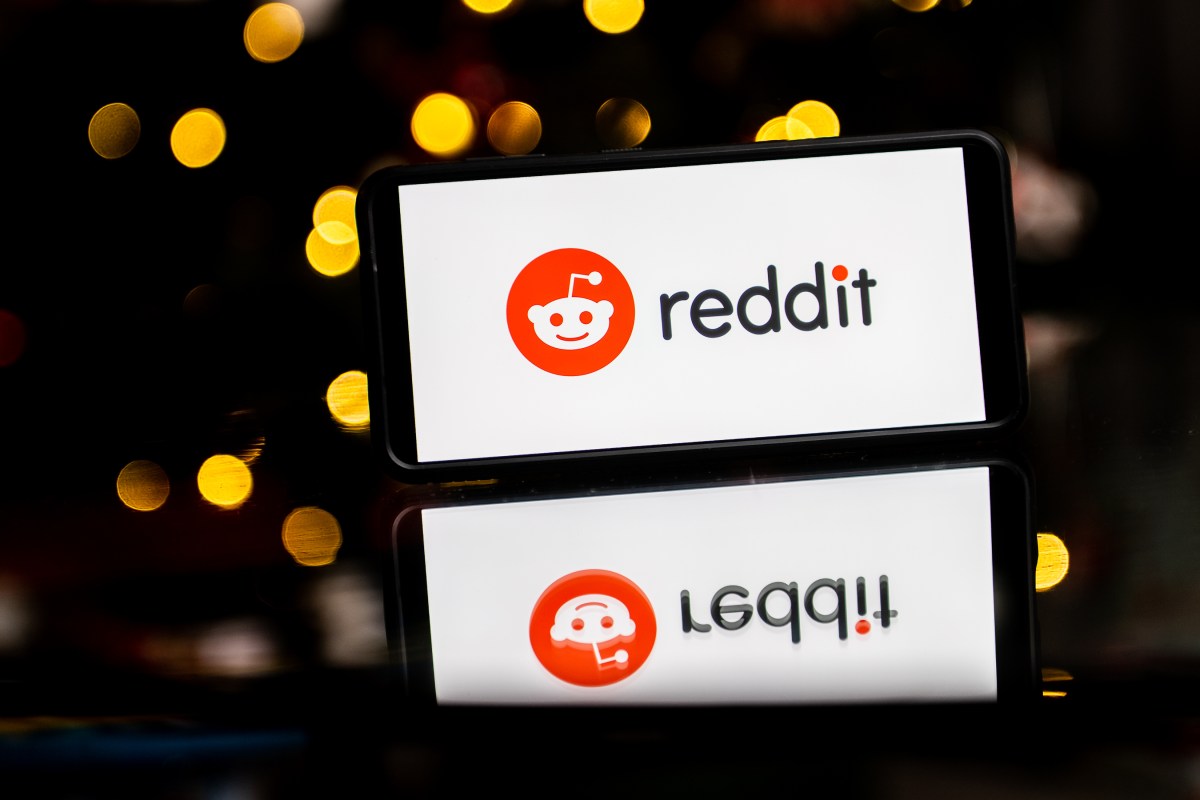Meta Filed a Lawsuit Against The Entity Behind CrushAI Nudify App.
-
That is my culture. Why do you have so little respect for my culture as to think I should follow your values?
I have seen variations of this debate in letters from around 100. I'm sure it goes back much farther.
Culture is just that which a group says/does. If you value the well-being of humans then you can evaluate if an action is good or not. "Respect" of culture need not come into the solution of how best it is to act.
-
Like, why did you manufacture this intractable problem by mandating clothing and shaming nudity in the first place?
You think humans invented clothing because of shame?
That's completely backwards, we invented clothing for protection, and not seeing everything all the time led to shame when someone could see us.
Like, I'm pretty sure hermit crabs feel something similar to shame when they don't have a shell, they need something to drive them to not only protect themselves, but to ensure they can reproduce and raise their young. That's why humans instinctually get weird about exposed genitals and boobs, those are the most important parts of a human from an evolutionary perspective.
I get what you're trying to say, it's just you're going about it completely backwards
Nah, I get that exposed flesh isn't always comfortable or safe and the practical solution is to just steal the skin of some other animal (or convert crude oil into super soft knit fabrics). I'm just of the personal mindset that if someone is comfortable enough in their own skin that they are completely fine going about their business in the buff, that the rest of society shouldn't lose its shit and just be like, "k whatever u do u naked person wear sunblock."
-
Nah, I get that exposed flesh isn't always comfortable or safe and the practical solution is to just steal the skin of some other animal (or convert crude oil into super soft knit fabrics). I'm just of the personal mindset that if someone is comfortable enough in their own skin that they are completely fine going about their business in the buff, that the rest of society shouldn't lose its shit and just be like, "k whatever u do u naked person wear sunblock."
I love going around in 6 feet of snow without clothes
-
I love going around in 6 feet of snow without clothes
You're from Alaska, too??!
-
Why would anyone respect a culture?
"A bunch of people made a decision. Therefore you can't question it". Like... What?
-
Why would anyone respect a culture?
"A bunch of people made a decision. Therefore you can't question it". Like... What?
That is what it means to be a liberal: you respect people who are different than you to as large an extent possible. (there are limits - I don't respect cannibal cultures ...)
-
That is what it means to be a liberal: you respect people who are different than you to as large an extent possible. (there are limits - I don't respect cannibal cultures ...)
Eh.. is a human minimum to respect other people. But their actions are always to be judged against legality and morality.
So if your culture eats sauerkraut on cheesecake, that's weird but I don't care.
And if your culture trains women to be subservient to men, that's weird and I'm judging you.
-
It (nudify) makes AI look bad and is the leading example people are using when proposing legislation to regulate AI. If they can end this prominent thing, not only do they look like they're fighting for the users, but they help keep the gvmt from meddling with whatever henious shit they want to do with AI (by removing the best argument the pro-regulation groups have right now)
Note: this is only the best argument they have right now because politicians will never be persuaded by people bringing up Palantir's war crimes and will openly defy any constituents who are persuaded.
-
Note: this is only the best argument they have right now because politicians will never be persuaded by people bringing up Palantir's war crimes and will openly defy any constituents who are persuaded.
I think it's more that it's hard to explain why palantir's war crimes are war crimes (to the average uninformed voter, to be clear. Information warfare, what an abstract concept), but "My Child's Classmates Digitally Removed Her Clothes" is pretty easy to explain (and the country isn't divided about pedophilia even being a crime...)
-
- Today, we’ve filed a lawsuit against the entity behind CrushAI and are taking other steps to clamp down on nudify apps.
- We’re building new technology to detect ads for nudify apps and sharing signals about these apps with other tech companies so they can take action too.
- We have strict rules against non-consensual intimate imagery – whether it’s real or AI-generated – including the promotion of nudify apps.
Can I sue meta for non consensual tracking and making it so I can't even look at a picture 90% of the fucking time because it's account gated to Instagram?








